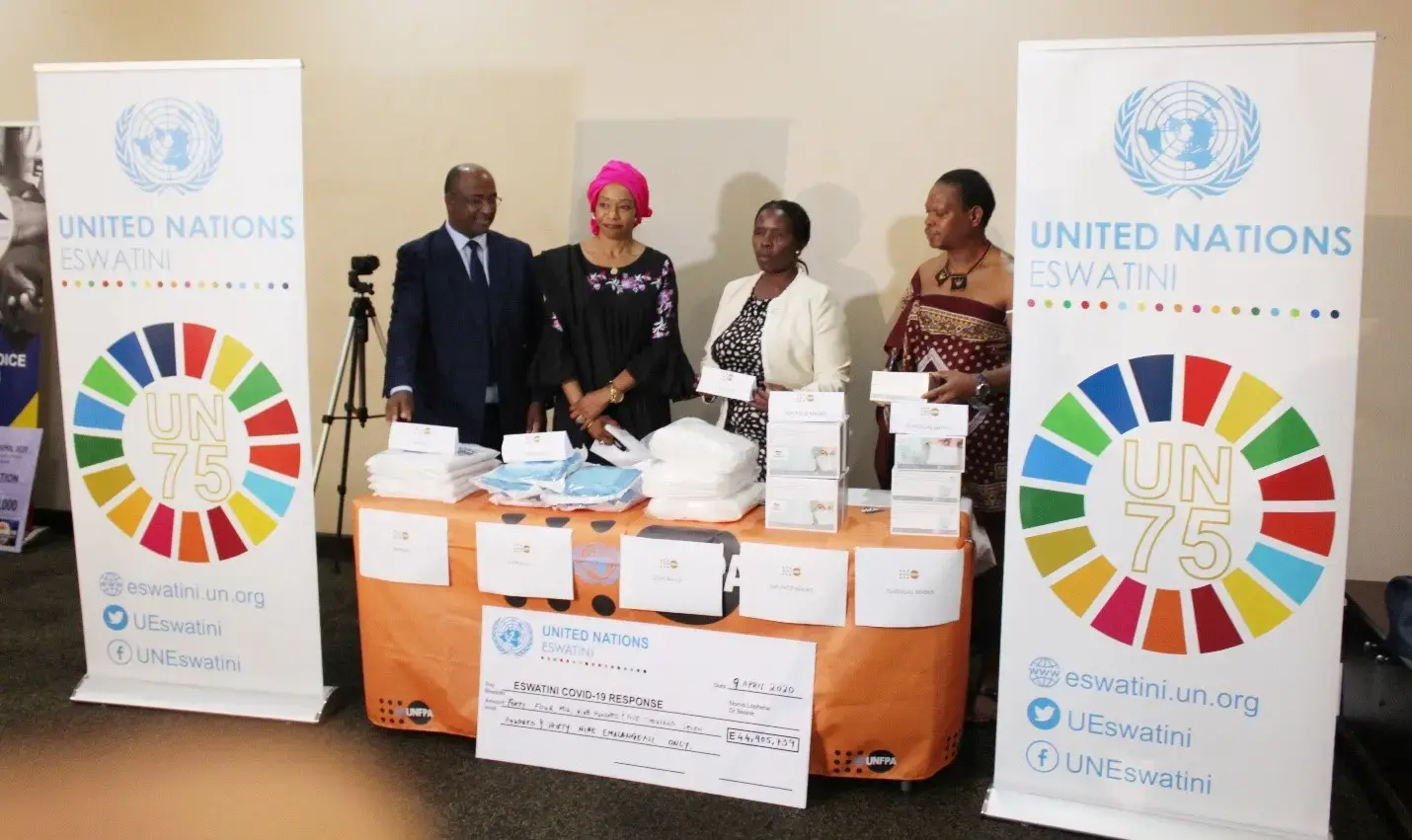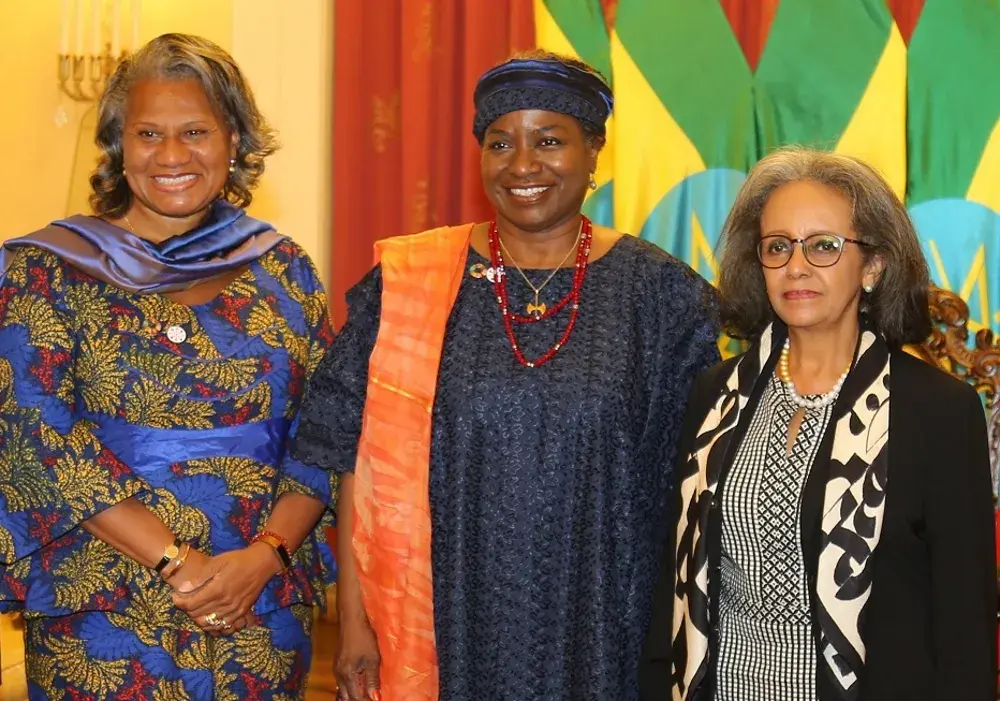In war times, nations rely on the army for protection, and the same is expected of health workers in the wake of disease outbreaks. However, one headline; COVID-19 suspect patient dies while awaiting treatment, was enough to say the approximately 1.1 million population of Eswatini was on their own.
To a lay man, this was the press-the-panic button cue. To the Ministry of Health, this was a call to reinforce the battalion through workshops, “aimed at giving healthcare workers more information on COVID-19 for a vigorous response in the fight against the pandemic,” as Zandile Masangane from the ministry narrated.
To-date, UNFPA, in an effort to support the government of Eswatini’s efforts on COVID-19 preparedness, has contributed a total of $5000 towards a series of trainings targeting 500 health care workers in the country. Masangane further explained
The plan is to train every health workers; from doctors down to orderlies as our frontline in the fight. They will come from all facilities in the country, including the designated COVID-19 facility; the Lubombo Referral Hospital.
Truly a new breed of empowered health workers from this workshops as the day-long workshop comprise comprehensive set of topics on health worker safety, case management, and client flow among others. Aligned with the World Health Day’s message of prioritizing health worker safety, Mr Thabang Masangane encouraged the participants to prioritise their safety.
Assess risk with vigilance and take relevant precautions. It’s always safe to use layer your protection, wear your PPE and also observe physical distancing between yourself and your clients.
Further emphasis was made on hand washing, an act mr Masangane encouraged the workers to do tirelessly and religiously. As cutting down mobility and minimizing gatherings are key measures in curbing the spread of COVID-19, emphasis was put on client triage.
As a preventative measure, all clients shall be screened at the gate, with hand sanitizing as the entry point. From there, they’ll go to the COVID-19 screening to identify exposure then relevant steps: like mask provision will be taken as per the client’s screening results," stated Thembi Dlamini explaining the new measures to participants.
This also adds to the crowd management controls within the facilities as no unscreened client is allowed within the facility. The Mbabane Government hospital is one of the exemplary facilities in implementing this through closing some of its gates. In the opened gates, you are welcomed by a hand washing tank and a screening officer at a table nearby.
At the beginning of the trainings, 3 weeks ago, the country had only 12 confirmed cases. Since then, there had been some major incidents in relation to COVID-19; cases are now 16, a private health facility had been shut and a maternity ward had ceased operating amid discovery of COVID-19 cases from both places. The country has also entered a second 21 day-long lockdown, additional to the initial 3 weeks activated on March 27.




